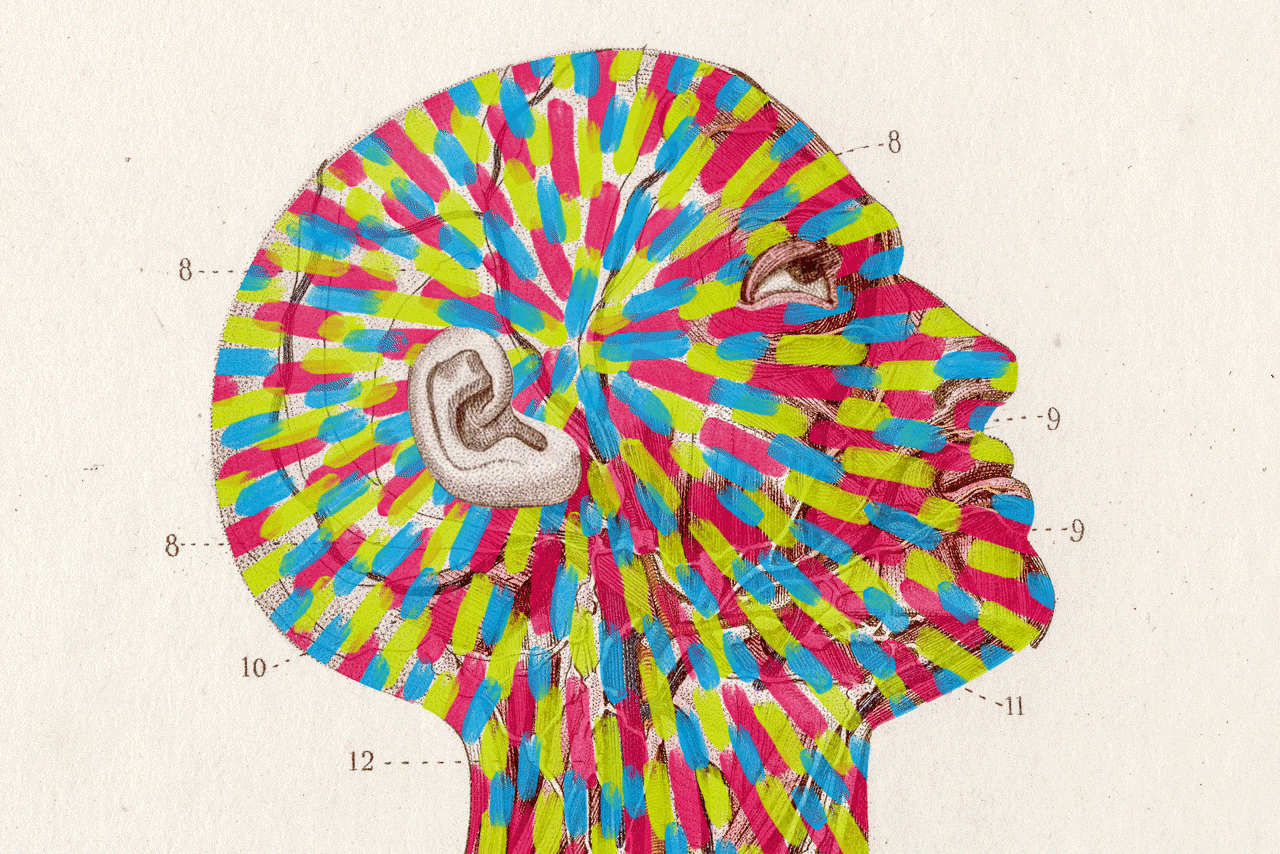Lawsuit Renews Debate Over Halcion’s Effects : Courts: A man accused of embezzling $3 million blames the drug, saying it changed his personality. Experts are divided.
- Share via
A countersuit brought by the owner of the defunct Country Oaks Escrow Co. in Santa Clarita against four pharmaceutical companies last week revisits the debate over the alleged personality-altering effects of the sleeping pill Halcion.
In the suit, Harold Wiener, who is accused of embezzling more than $3 million from the Country Oaks trust fund, blamed his actions on side effects from Halcion, the organ transplant drug Sandimmune and the ulcer drugs Zantac and Carafate. He said they “caused grave personality changes, negative behavior modifications, amnesia, retrograde amnesia, and caused severe mind altering effects.”
The suit, filed in response to a lawsuit against him for embezzlement, also accuses Wiener’s accounting firm of negligence for failing to catch him during the years he was transferring money from the trust fund to pay the defunct company’s operating expenses.
Wiener’s firm was closed in June by state regulators after they discovered $3 million missing during a regular audit. Escrow Agents Fidelity Corp., which insured the trust fund and had to make up the deficit, sued Harold Wiener and his wife, Kathy, in June to recover the funds.
Wiener’s lawsuit filed in Los Angeles County Superior Court on Wednesday came in response to the Escrow Agents lawsuit.
In the past year, juries in two highly publicized lawsuits over Halcion, which is manufactured by the Upjohn Co., came to opposite conclusions about its influence on people’s behavior, and scientists seem equally divided.
“Proper use of the drug would prevent a lot of the problems with it,” said Daniel Robinson, chairman of the department of clinical pharmacy at USC. “It’s very effective, but in the wrong hands under improper counseling sometimes it gets misused and does cause problems.”
Those who have petitioned the Food and Drug Administration to suspend the use of Halcion say the adverse reactions to the drug include memory impairment, confusion, disorientation, paranoia and hyperexcitability.
“Halcion has extraordinarily high rates of central nervous system and psychiatric adverse reactions and a narrow margin of safety,” said a 1993 report from Public Citizen, a Washington-based consumer group.
Last year, a Dallas jury awarded $1.8 million to the family of William Freeman after finding Upjohn responsible when Freeman shot his best friend, because the company did not provide sufficient warning to patients of Halcion’s side effects.
Still others said there has not been enough research on the effects of long-term use of Halcion and that the drug was never intended to be taken over a period of years.
“There are patients who take sleeping pills chronically, but we do not know a lot about those patients and they have not been studied carefully by anyone,” said Michael Wincor, a professor of clinical pharmacy, psychiatry and behavioral sciences at USC.
Also, scientists said, arguing that Halcion caused a person to embezzle $3 million over more than three years, as Wiener is accused of doing, is substantially different from blaming the drug for a man spontaneously shooting his best friend, as in the Freeman case.
Wiener’s attorney, Jeffrey Karpel, said Wiener began using Halcion and the other drugs after having a heart transplant in January, 1989, and that he continues to use the drugs under closely monitored conditions. While those were not the only drugs Wiener has taken since the operation, Karpel said they were the ones identified by pharmacologists as possibly having an impact on a person’s behavior.
“Family members and associates have all said that since the heart situation, he definitely had a more aggressive behavior and has been more moody,” Karpel said. “There’s a whole list of personality changes.”
Wiener alleges that Halcion taken in combination with other drugs resulted in a personality change that led to the embezzlement.
Representatives of all the drug companies listed in the lawsuit, Sandoz Pharmaceutical Co., Marion Merrill Dow Inc., Glaxo Inc. and Upjohn denied that their products have any mind-altering affects. There have been few, if any, cases of people blaming Sandimmune, Zantac and Carafate for causing personality changes.
“Why didn’t he just sue the person who donated the transplant as well? Maybe it was the heart of a thief that he got,” said Larry Bauer, spokesman for East Hanover, N.J.-based Sandoz, makers of Sandimmune, which has been on the market since 1983. “This is absurd.”
The most common and severe side effect of Zantac is a headache, said Rick Sluder, spokesman for Glaxo Inc., based in Research Triangle Park, N.C.
“We don’t know of anything that even suggests the kinds of effects that this gentleman is alleging,” Sluder said.
Scientists seem to agree, particularly in the case of Carafate, which is manufactured by Kansas City-based Marion Merrill Dow.
“Carafate by its mechanism of action isn’t even absorbed and has a very local effect,” said USC’s Robinson. “There is no reason to think that it would alter anything in terms of personality or behavior.”
More to Read
Inside the business of entertainment
The Wide Shot brings you news, analysis and insights on everything from streaming wars to production — and what it all means for the future.
You may occasionally receive promotional content from the Los Angeles Times.










